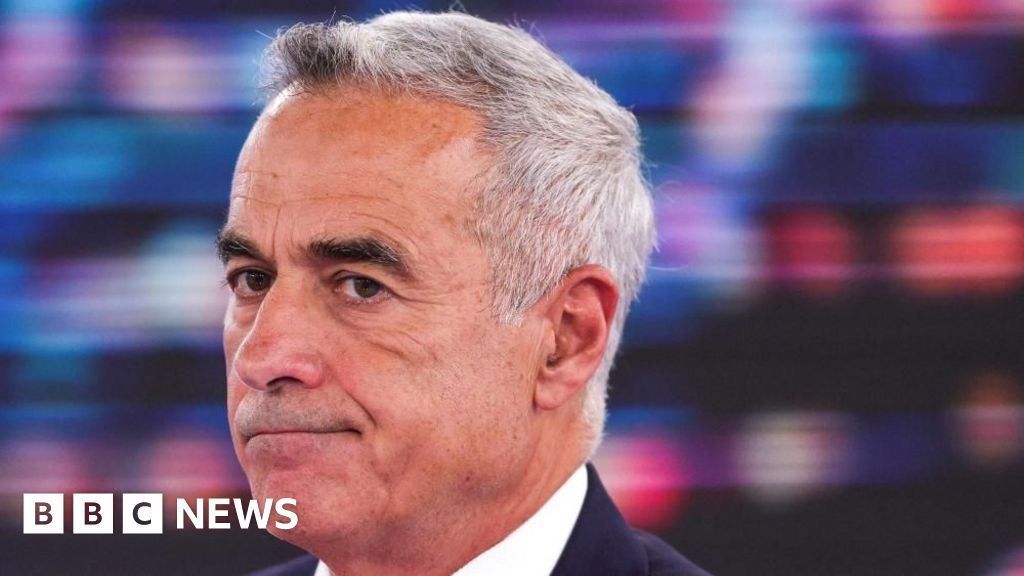That would pose a dilemma for the millions of Romanians who voted for other candidates.
One option would be to rally round populist Social Democrat Ciolacu, an establishment figure who would continue Romania’s pro-western path.
Backing Georgescu, who has promised to Romania’s sovereignty, is the alternative.
Georgescu, who belongs to no party, has also sworn to end what he calls subservience to the European Union and Nato, especially on support for Ukraine. He has condemned the Nato ballistic missile defence shield in Deveselu, Romania.
The final result of this round will be known later on Monday, when votes from the capital Bucharest and from the large Romanian diaspora are counted.
Campaigning focused largely on the soaring cost of living, with Romania having the EU’s biggest share of people at risk of poverty.
Exit polls released earlier on Sunday suggested that Ciolacu had a commanding lead, and projected the centre-right candidate, Elena Lasconi, would take second place.
The current tally, however, puts Lasconi in third on 18%, and another nationalist, George Simion, in fourth.
The president in Romania has a largely symbolic role but considerable influence on areas such as foreign policy.
Turnout was 51%, similar to the figure five years ago.

